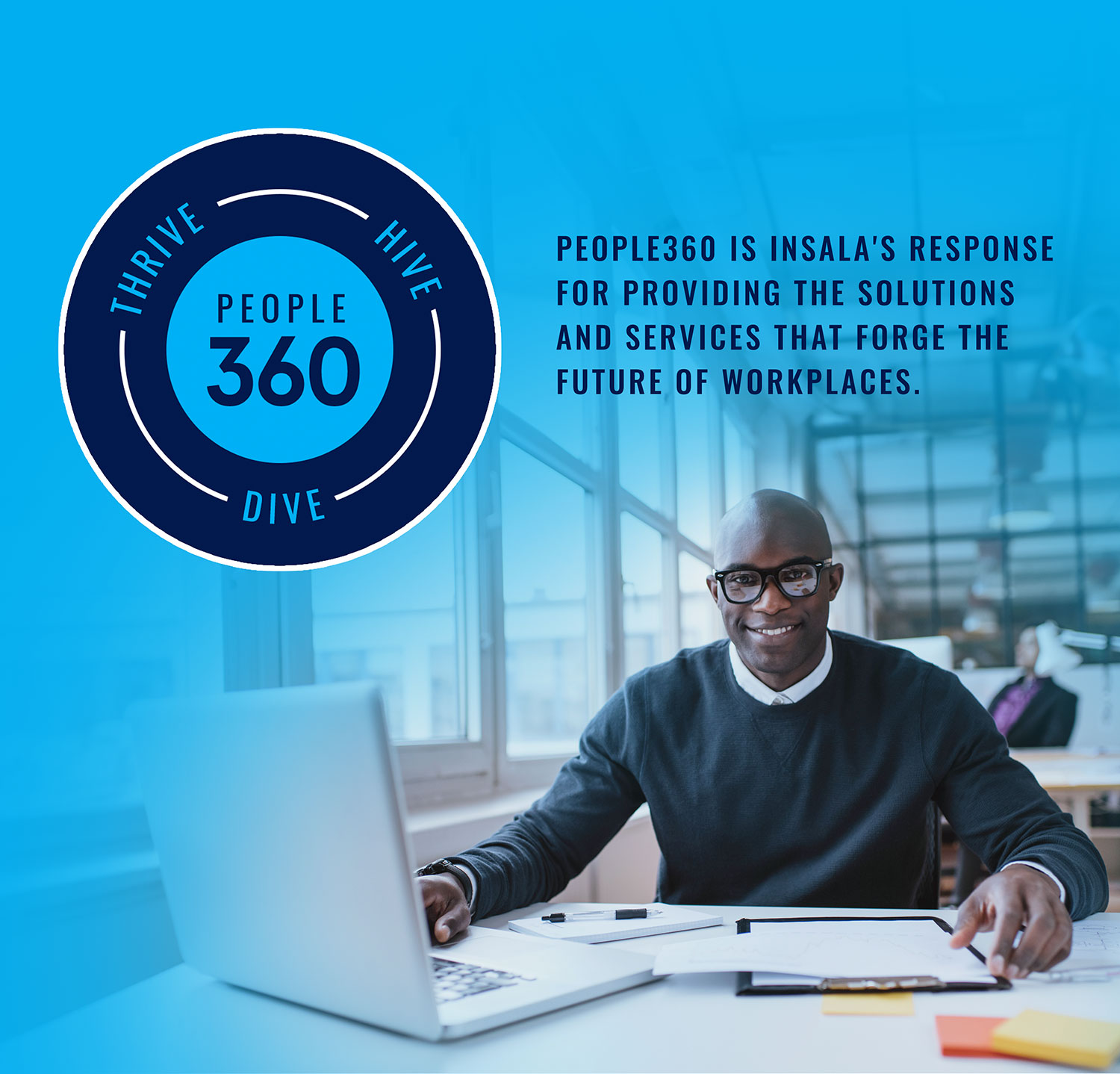
Virtual Mentoring: The Key to Supporting Remote Employees
Working from home, initially a safety measure has become much more to organizations and their people. Although ditching the commute has been great for some, it's created challenges for others. HR departments have worked tirelessly over last few years to support employees in a variety of work environments, and that's not going away.
Let's take a look at trends for remote workers that will drive the work of HR departments
- Virtual and Hybrid Work is here to stay. Although there are challenges, the benefits for employees win out. When surveyed about their preferred work location going forward... 54% said they wanted to be hybrid (working from home and at the office) 37% said they want to work from home all the time
- Workers may feel more isolated and less connected to their company. Working from home can be difficult for some. Many people enjoy the social aspect of work. They like bouncing ideas off other people and enjoy working on project teams. While possible in a remote setting, it requires revamping processes.
- The employee experience will take precedence. Employees are taking a closer look than ever at their organization's culture and how it treats its people.
Three Cs: Ways virtual mentoring supports remote and hybrid workers
Virtual mentoring has gained ground as a powerful strategy to support new and existing employees. Virtual mentoring programs leverage technology to remove challenges of traditional, face-to-face mentoring including the location barrier.
Culture. Your organization's culture is a reflection on your brand and is being examined by current and potential employees unlike ever before. Individuals expect organizations to make moves that show they care about their people. People want to support and work for organizations that support their people.
Virtual mentoring is key to cultivating culture at your organization. Her are a few examples:
- Establishing a mentoring culture at your organization shows that development is a priority and that challenges are approached together, as a team.
- There is an entire generation of young professionals entering the workforce during this challenging time. Some have even delayed entry into the workforce and others are navigating the best they can. Support Gen Z employees by pairing them with a mentor to develop business acumen, support networking, or even career pathing. Don't let these employees get lost in the mix.
- Employees want to build trust with their teams and organization. Virtual mentoring is flexible, opens the door to networking opportunities, and is provides the opportunity to build relationships in a safe environment. By facilitating these types of connections, organizations are prioritizing the employee experience.
Connection. One of the toughest challenges HR departments are facing is cultivating strong connections between individuals and the organization and across teams. Virtual happy hours are nice, but can get stale and only do so much to build deep relationships. Mentoring is all about connection and relationship building. Strategically planning when and how to use mentoring makes a big impact.
Early connections. Mentoring in the onboarding period helps new hires assimilate to the culture and gives these individuals a colleague to lean on in the early days. Employees who go through an onboarding mentoring program feel more confident and get a good start on networking from day one. Organizations protect their recruiting investment; seeing higher success rates with new recruits and less time to productivity.
Organizational initiatives. With the need to facilitate genuine connection among employees, now is a good time to reconsider utilizing mentoring for initiatives it was overlooked for in the past.
Think about your current initiatives and key strategies including but not limited to: DE&I, leadership development, retention, and returnships. Where is mentoring adding value, and where could it be expanded? Now is the time to rethink how your programs have been structured and how they can be adjusted to work better for remote and hybrid employees.
Career. Employees want to be part of your bigger picture. When employees have career paths at your organization they know where they want to go and how to get there. By growing professionally, your employees will take your company to the next level.
Virtual Mentoring is a superb vehicle for your career development program. Mentors help mentees make career and development decisions that set the employee on their desired track. Establishing a career development program sends a strong message to your employees that you value them and want to invest in their growth and development.
Mentoring Software for Virtual Mentoring
The key difference between traditional mentoring and virtual mentoring is the use of technology. While a traditional mentoring program is more efficient and easier to manage and scale with mentoring software, it can be done manually. Virtual mentoring, on the other hand, requires software to facilitate the connection.
Many organizations are finding great success through implementing a mentoring program virtually. With an all-in-one mentoring solution, you will give your employees the ability to develop connection no matter their work environment.
To learn more about implementing a virtual mentoring program or optimizing an existing program for virtual, check out here resources:
eBook: Virtual Mentoring: A Guide to Engaging your Remote Workforce
In this virtual mentoring webinar series we discuss engaging individuals with a virtual mentoring program and implementing a successful program.
Part 1: How to Engage Your Employees with Virtual Mentoring
Part 2: How to Implement a Successful Virtual Mentoring Program
Our team is ready to help yours. Book a demo today to discuss your mentoring strategy and how Insala can help you facilitate connection among your remote employees.
Judy is the Director of Consulting at People360®. She has over 38 years of experience providing customized human resources consulting services to medium to large organizations across a variety of industries. In the area of mentoring, Judy has designed and delivered workshops, training, and a complete mentoring methodology. Judy’s mentoring process is the foundation of People360® the mentoring solution we know today. Her thought leadership articles have been published in journals such as The Diversity Journal and Industrial and Commercial Training and she has spoken at many conferences throughout her career.
Related Posts

How To Find The Right Mentor For You
How To Find The Right Mentor For You Having the guidance and ...
Read more
How To Establish A Successful Corporate Mentoring Program
How To Establish A Successful Corporate Mentoring Program
Read more
How Mentoring Is Helping Solve The Labor Shortage
How Mentoring Is Helping Solve The Labor Shortage The labor shortage has become a pressing issue for businesses across industries, with ...
Read more
Now Is The Time To Start Your Mentoring Program
Now Is The Time To Start Your Mentoring Program In today's ...
Read more






